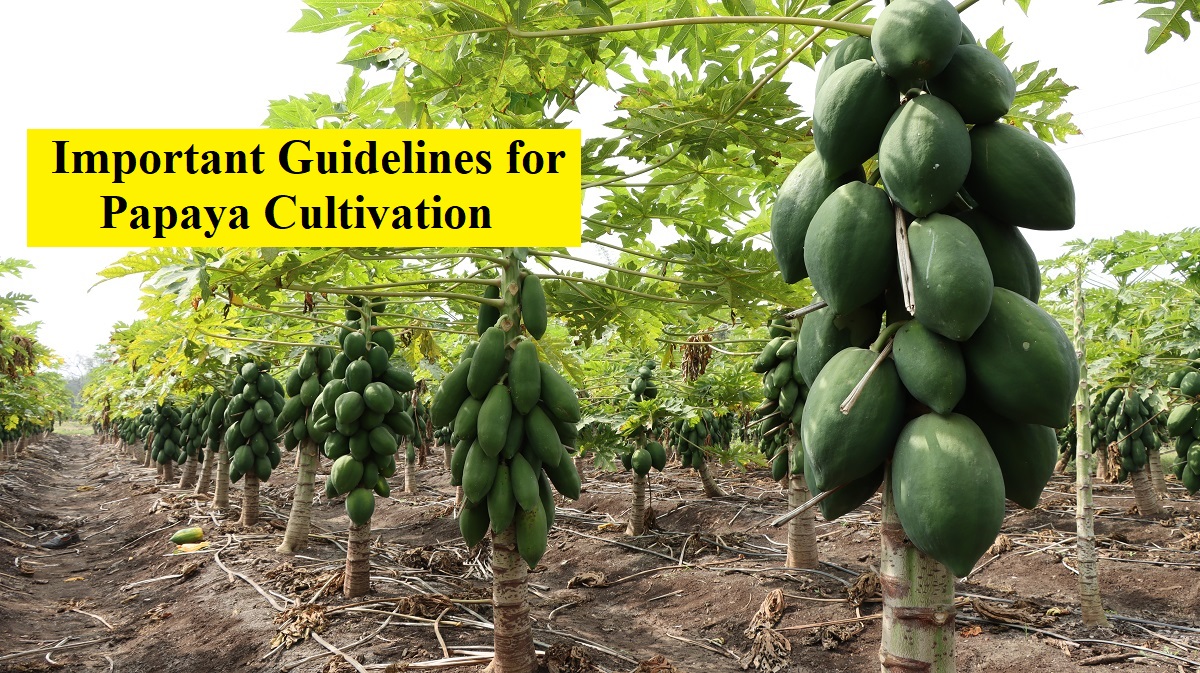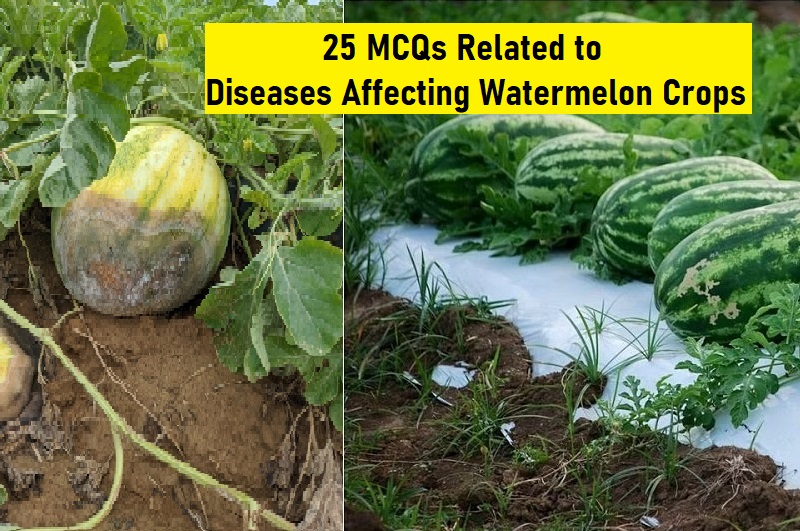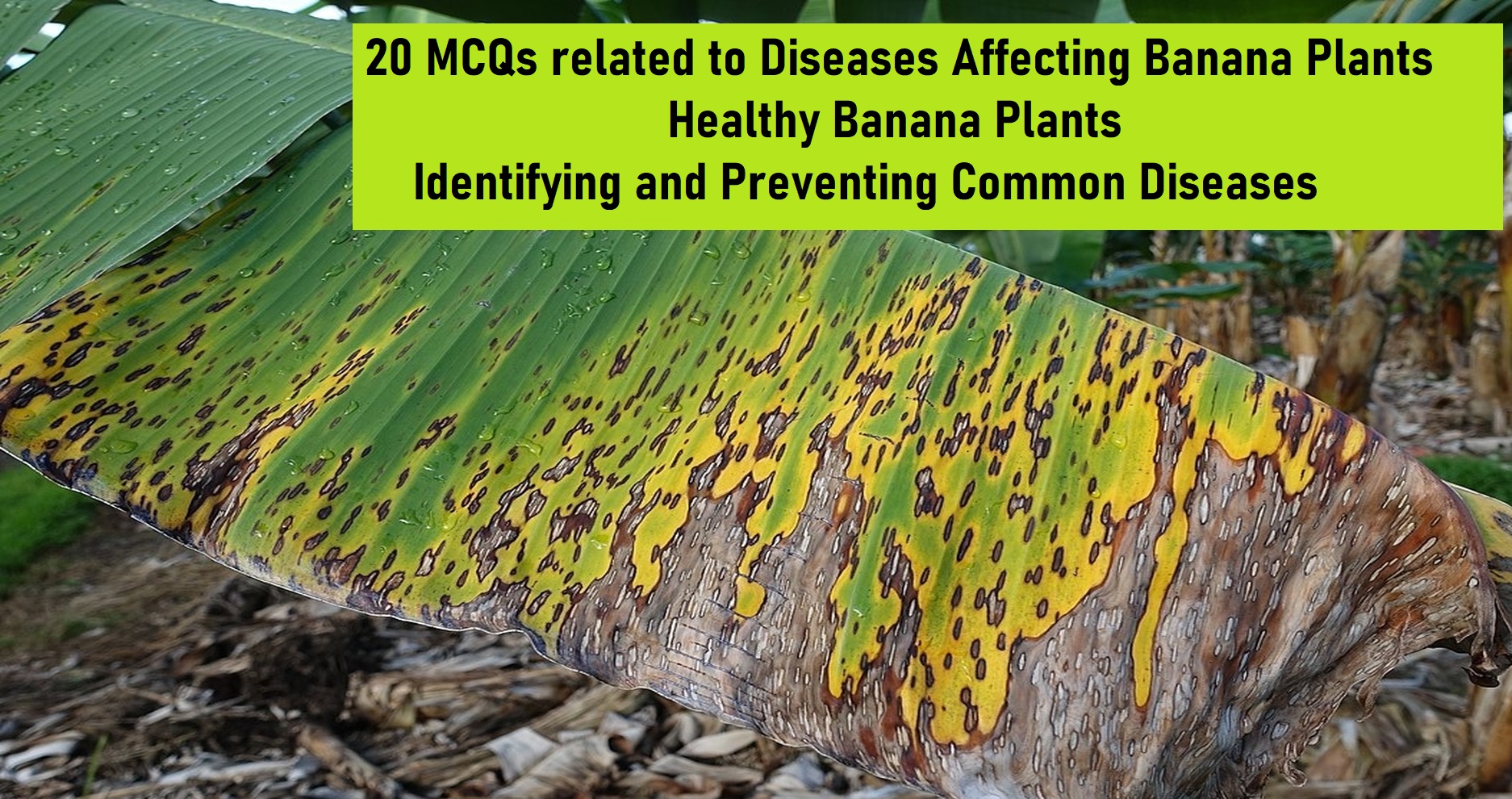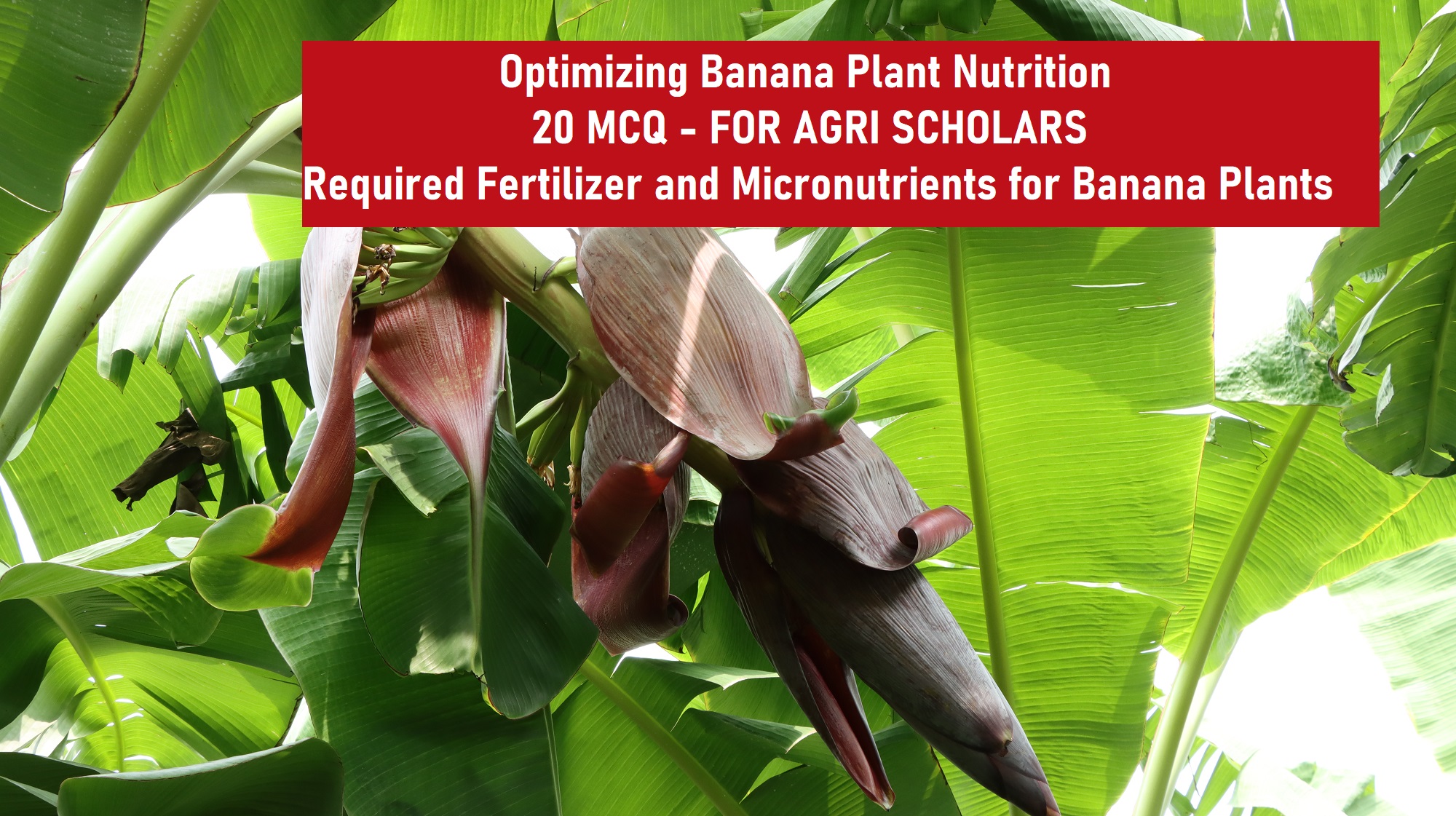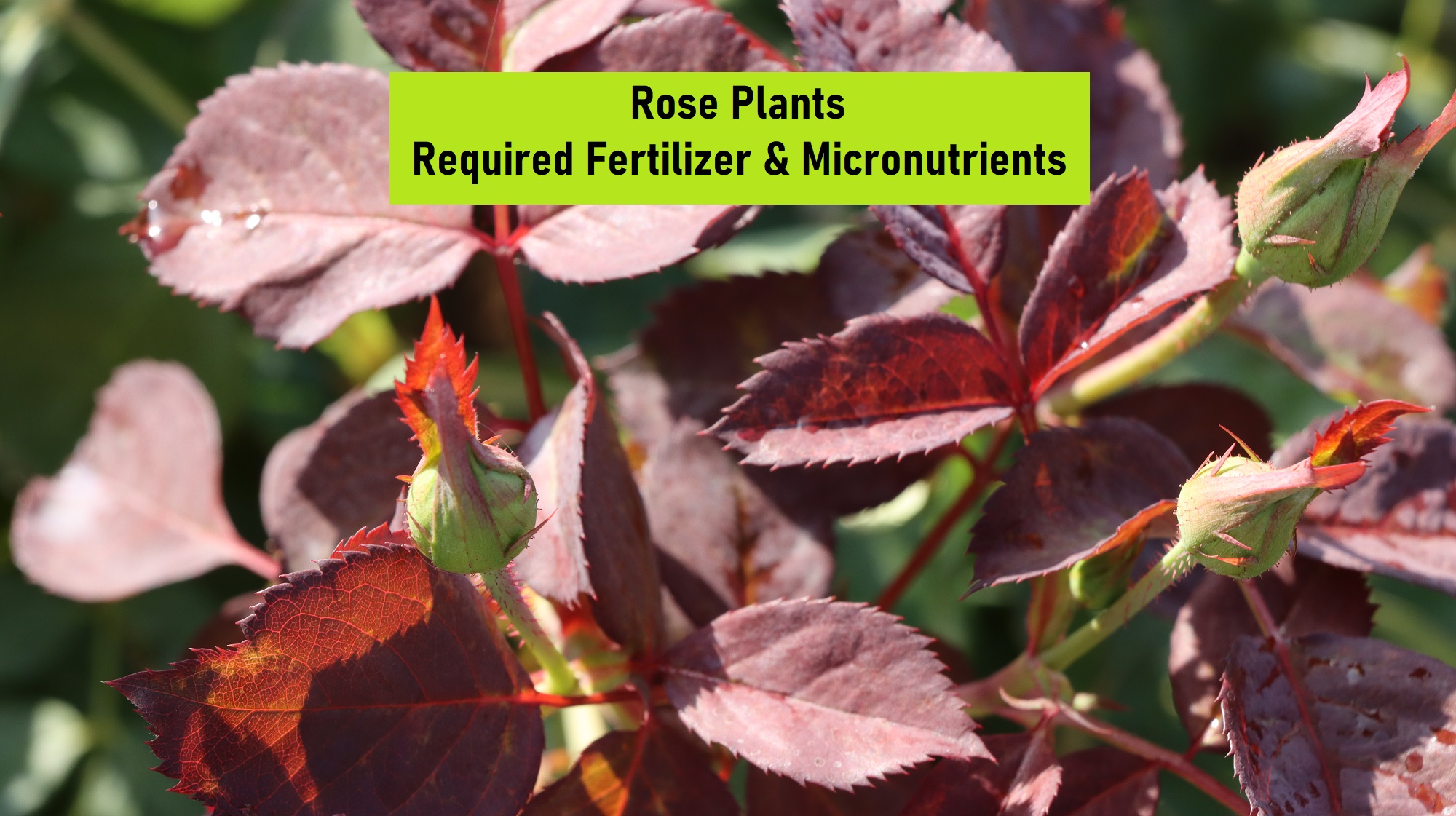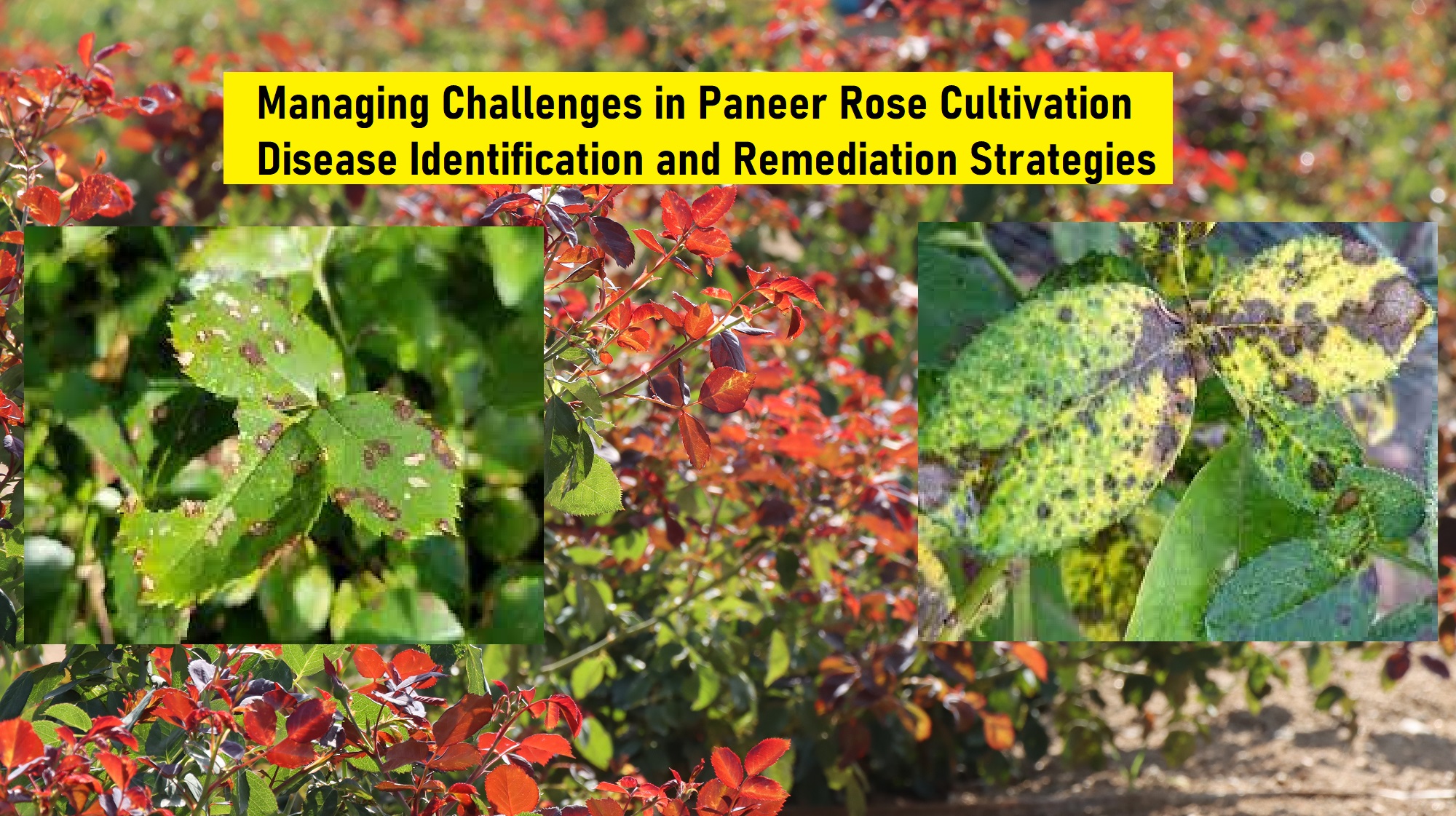Effective coconut water management, including drip irrigation and weekly watering, maintains optimal moisture. Leaching prevents salt buildup in loamy soil, while morning irrigation reduces disease risks. Drought-tolerant varieties like the Malayan Dwarf and contour trenching enhance resilience and prevent runoff. A holistic approach ensures water efficiency, plant health, and improved coconut productivity.
Blog
-
For successful papaya cultivation, adhere to key guidelines: select a site away from virus-infected fields, transplant after June in suitable regions, use well-drained soils, provide adequate irrigation without overwatering, maintain 8 feet spacing between plants, apply decomposed manure, acclimatize saplings before planting, and follow thorough land preparation. Additionally, employ weed control strategies, plastic mulching, and vigilant care during plant growth stages. Protect against fungal diseases like damping-off and collar rot, and address challenges such as Papaya Ring Spot Virus and Papaya Leaf Curl Mosaic Virus
-
Watermelon crops face various diseases with distinct characteristics and causes. Anthracnose, resulting from Colletotrichum orbiculare, leads to target-like lesions on leaves. Phytophthora Blight, caused by Phytophthora capsici, induces water-soaked lesions, causing wilting and decay. Watermelon Mosaic Virus, transmitted by aphids, causes yellowing and stunted growth. Gummy Stem Blight, caused by Didymella bryoniae, leads to gummy stem cankers. Fusarium Wilt, transmitted through contaminated seeds, causes plant wilting. Alternaria Leaf Spot, from Alternaria alternata, results in sunken lesions on fruit. Downy Mildew spreads through airborne spores, causing leaf yellowing. Bacterial Wilt, transmitted by cucumber beetles, induces plant yellowing and wilting. Powdery Mildew manifests as a white powdery substance on leaves. Verticillium Wilt causes wilting, while Cucumber Mosaic Virus, transmitted by insect vectors, induces yellowing and stunting. Angular Leaf Spot, caused by Pseudomonas syringae, results in water-soaked lesions. Black Rot, caused by Xanthomonas citri, leads to black cankers on stems. Rhizoctonia Rot, caused by Rhizoctonia solani, affects the roots. Nematode damage causes galls on roots. Cucumber Mosaic Virus and Bacterial Canker are transmitted by insect vectors, causing yellowing and black cankers on stems, respectively. Rhizoctonia solani induces Rhizoctonia Rot, while Bacterial Canker results in a slimy bacterial ooze on cut stem surfaces. Understanding these diseases aids in implementing effective management strategies for healthy and productive watermelon crops.
-
Banana plants are susceptible to a number of diseases, including Black Sigatoka, Yellow Sigatoka, Fusarium Wilt, Moko Disease, Anthracnose, and Bunchy Top. These diseases can cause significant damage to banana plants and reduce yields. To prevent banana plant diseases, it is important to use clean planting material, practice good sanitation, use resistant varieties, rotate crops, and use fungicides and bactericides. Healthy Banana Plants: A Guide to Identifying and Preventing Common Diseases
-
Banana plants require specific macronutrients (e.g., nitrogen, potassium) and micronutrients (e.g., manganese, boron) for optimal growth and fruit production. These nutrients are crucial for various functions, such as vegetative growth, flower and fruit development, and enzyme activation. Maintaining proper fertilizer application with recommended N-P-K ratios and addressing deficiencies, like calcium for structural integrity or zinc to prevent bronzing, is essential. Soil pH should be kept within the range of 5.5-6.5. Recognizing and addressing nutrient deficiencies is key to cultivating healthy and productive banana crops.
-
Ensuring the optimal growth of rose plants involves a comprehensive understanding of their nutrient requirements. Nitrogen stands out as the primary macronutrient vital for vegetative growth, while phosphorus, particularly in formulations like 0-10-20, enhances robust flower development. Micronutrients, including iron and zinc, play crucial roles in chlorophyll synthesis and enzyme activation. Calcium prevents issues like blossom end rot, and potassium fosters flowering and stem strength. Organic sources like fish emulsion provide nitrogen in organic gardening. Maintaining the ideal soil pH of 6.0-7.0 is essential. Sulfur aids in disease resistance, copper activates energy-related enzymes, and boron supports cell division. Addressing nutrient deficiencies, ensuring proper fertilization frequency, and incorporating organic matter into the soil collectively contribute to the overall health and vibrancy of rose plants.
-
Paneer Rose crops can suffer from yellowing leaves due to fungal infections like powdery mildew. Aphids pose a common threat, mitigated by introducing natural predators such as ladybugs. Wilting, often caused by root rot from excessive moisture, and stunted growth due to nitrogen deficiency are significant concerns. Preventive measures include proper watering, morning irrigation, and regular pruning. Treatment involves antibiotics for bacterial blight, copper-based fungicides for powdery mildew, and addressing nutrient deficiencies.
-
Micronutrients are essential for flowering crops, influencing enzyme activation, photosynthesis, cell structure, reproductive processes, hormone regulation, nutrient uptake, disease resistance, and respiration. Deficiency can lead to disorders, poor flowering, and reduced yield. Maintaining a balanced supply is critical for optimal crop health
-
These questions explore the causes, symptoms, and management strategies for various tomato diseases. Topics discussed include fungal infections such as Early Blight and Septoria Leaf Spot, nutrient deficiencies like Blossom End Rot, bacterial diseases like Bacterial Spot, viral diseases like Tomato Yellow Leaf Curl Virus, soilborne fungal diseases such as Fusarium Wilt, and the impact of pests like Root Knot Nematodes. The set also addresses cultural practices like crop rotation, the importance of disease-resistant tomato varieties, and historical events like the Irish Potato Famine caused by Late Blight. These questions collectively provide valuable insights into the challenges and solutions associated with tomato cultivation and disease management.
-
Provide a comprehensive approach to supporting farmers in adopting the latest trends in agriculture, encompassing educational programs, accessible information platforms, financial support, demonstrative experiences, collaborative networks, incentives, research and development, extension services, technology hubs, market access, policy advocacy, public awareness campaigns, and long-term support systems


